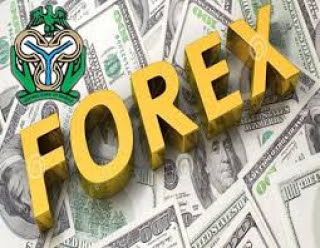The Central Bank of Nigeria (CBN) has maintained that its policy on 43 non-eligible items banned from the forex market remained in force, despite last Wednesday’s monetary announcement directing deposit money banks (DMBs) and foreign exchange (FX) to freely trade on FX based on market-determined rates.
According to the information contained in the Q&A document published by the apex bank titled “Understanding the Operational Changes to the Forex Market” to explain the new operational changes in the forex market, the items are still not permitted to be funded from the I & E window
The CBN, in the part of the Q&A report which asked “Can the 43 Non-Eligible Items access FX at the I&E window” stated: “The status quo remains on the 43 non-eligible items. The items are not permitted to be funded from the I & E window.”
This implies that the CBN will continue to implement the ban on the affected 43 items and that the government will continue with import substitution in order to keep protecting the local market.
It would be recalled that the apex bank, in a circular issued on 24th June 2015 disclosed that it had banned 41 imported goods from accessing FX through the official Importers and Exporters (I&E) window of Nigerian FX market.
However, since the policy was announced and its implementation commenced, the CBN has been adding to the number of the banned items.
For instance, in 2020 it added maize/corn, one of the widely-consumed staple foods in the country, to the list, ostensibly due to its Anchor Borrowers Programme’s (ABP’s) impact on local farmers’ capacity to produce more of the commodity for local consumption and exports.
The suspended apex bank governor, Godwin Emefiele, had then clarified: “Given the remarkable success that has been achieved in stimulating domestic production of goods such as rice, cassava, and maize, as a result of the restriction placed by the CBN on access to forex for these items, the CBN intends to vigorously ensure that this policy remains in place and additional efforts will be made to block any attempts by unscrupulous parties.
“I mean both individuals and corporates that intend to find other avenues of accessing forex, in order to import these items into Nigeria”, he added.






